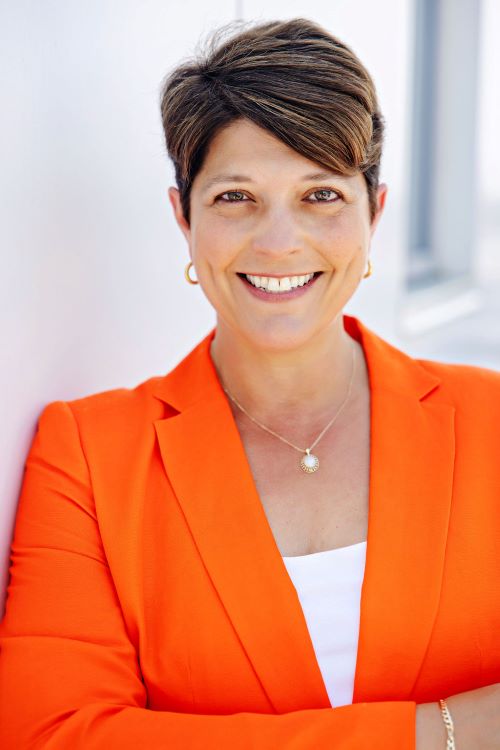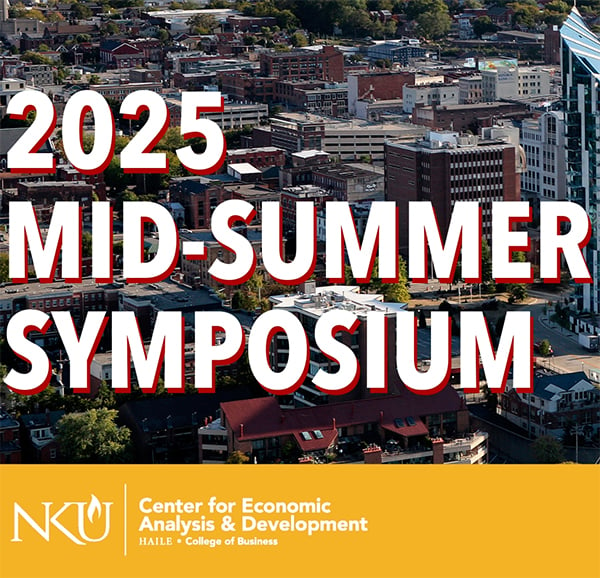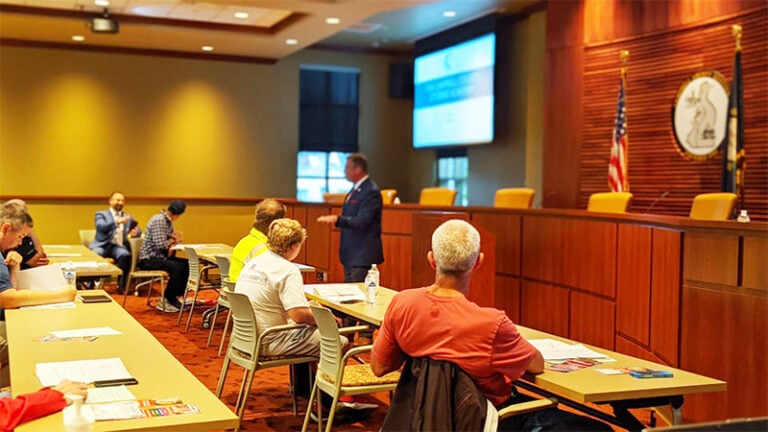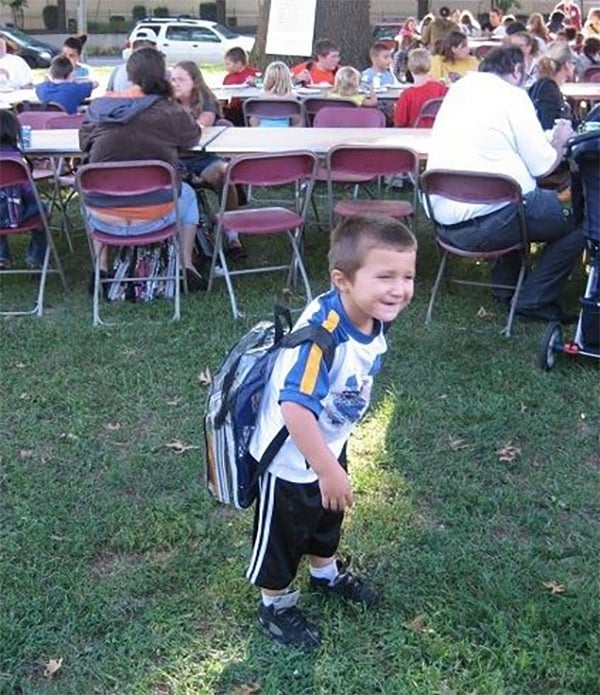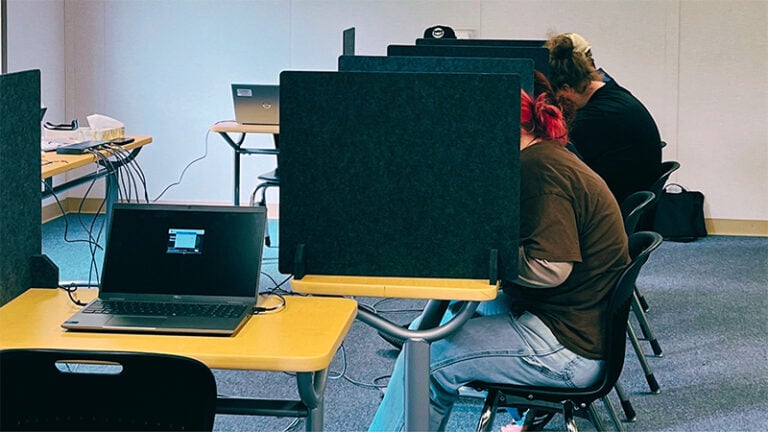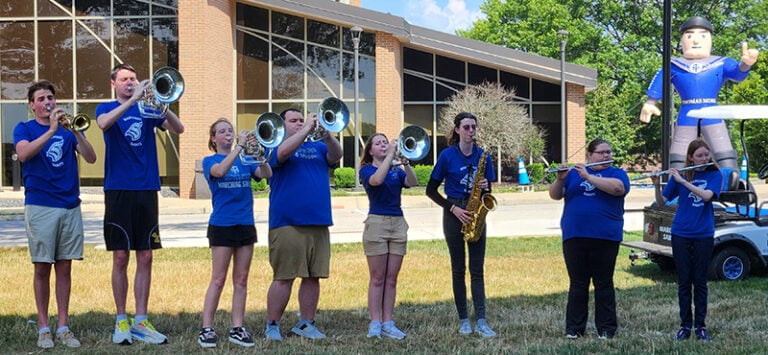By Constance Alexander
Special to NKyTribune
Number 12 on the list of civics questions for the test to become a U.S. citizen asks, “What is the ‘rule of law’”?
Reika Ebert responds without a pause, not an iota of hesitation in her tone. “No one is above the law,” she says.
A newly-minted U.S. citizen, Ebert can readily rattle off responses to questions on the Naturalization Test with the same ease she rides her bike around Murray. She enjoys the freedom of the ride while paying attention to drivers less than gracious about sharing the road.
There are 100 questions prospective citizens must be prepared to answer to be eligible for citizenship, and it is likely Ebert could name them all, even though those 65 years or older who have been a legal permanent resident of the United States for 20 or more years are permitted to study just the asterisked questions.

From the time she graduated from college in her native Germany, Reika was destined to become a citizen of the world. Born in West Berlin in 1952 — “before the Wall,” she is quick to explain – she grew up with remnants of World War II evident in her neighborhood, including bullet holes and vestiges of bombed out buildings.
With both of her parent academics, Reika understood she would complete appropriate secondary school preparation and then go on to university.
“It was completely understood, assumed that I’d go to college,” she remarks.
After completing a degree in education, she traveled with a number of friends and fellow feminists to explore places that interested her. She worked at odd jobs, saving her money and planning her next international sojourn.
“I was the rebel in my family,” she declared, adding that the “hippie generation” influenced her. “I did not want a 9 to 5 job.”
She went to Africa, Canada, lived three years in Thailand where she taught German. Now she thinks about what her mother went through while her oldest daughter was exploring the world.
“Every few weeks I sent a postcard,” Reika says.
Her adventures eventually led to a summer teaching job in the U.S. and she finally settled down enough to accept an assistantship at University of Washington and earn a Master’s degree and then a Ph.D.
Her next move led to Baton Rouge, where she was hired to teach German at Louisiana State University. After that, Murray State University offered her a job in 2000.
“Originally, I thought I would leave Murray,” she admits.
It was a small town in a remote rural region, but over time she formed strong ties to the on-campus community.
“My colleagues, my department, and my college were very international. We created cultural diversity,” she explained.
When she retired in 2017, her focus transitioned to the community. She decided she wanted to become a citizen.
In the true spirit of volunteerism, she made herself useful in many areas of community life. She joined the Sierra Club, became a hospice volunteer, is a familiar figure at City Council meetings, Murray Art Guild gatherings, the Arboretum.
“I’ve grown really fond of the town, the townspeople, and the ruralness of Murray,” she declares. “One can contribute in a meaningful way. It is small enough that I don’t get lost.”
The presidential election of 2024 will be her first. In an era where some are threatening not to vote at all, or to leave the country if their candidate does not win, Reika Ebert is registered and ready to cast her ballot.
“To vote is a responsibility in a democracy. Democracy means – and needs – participation in the workings and well-being of society and the whole country. Voting is the least you can do,” she declares.
“I will always vote.”







